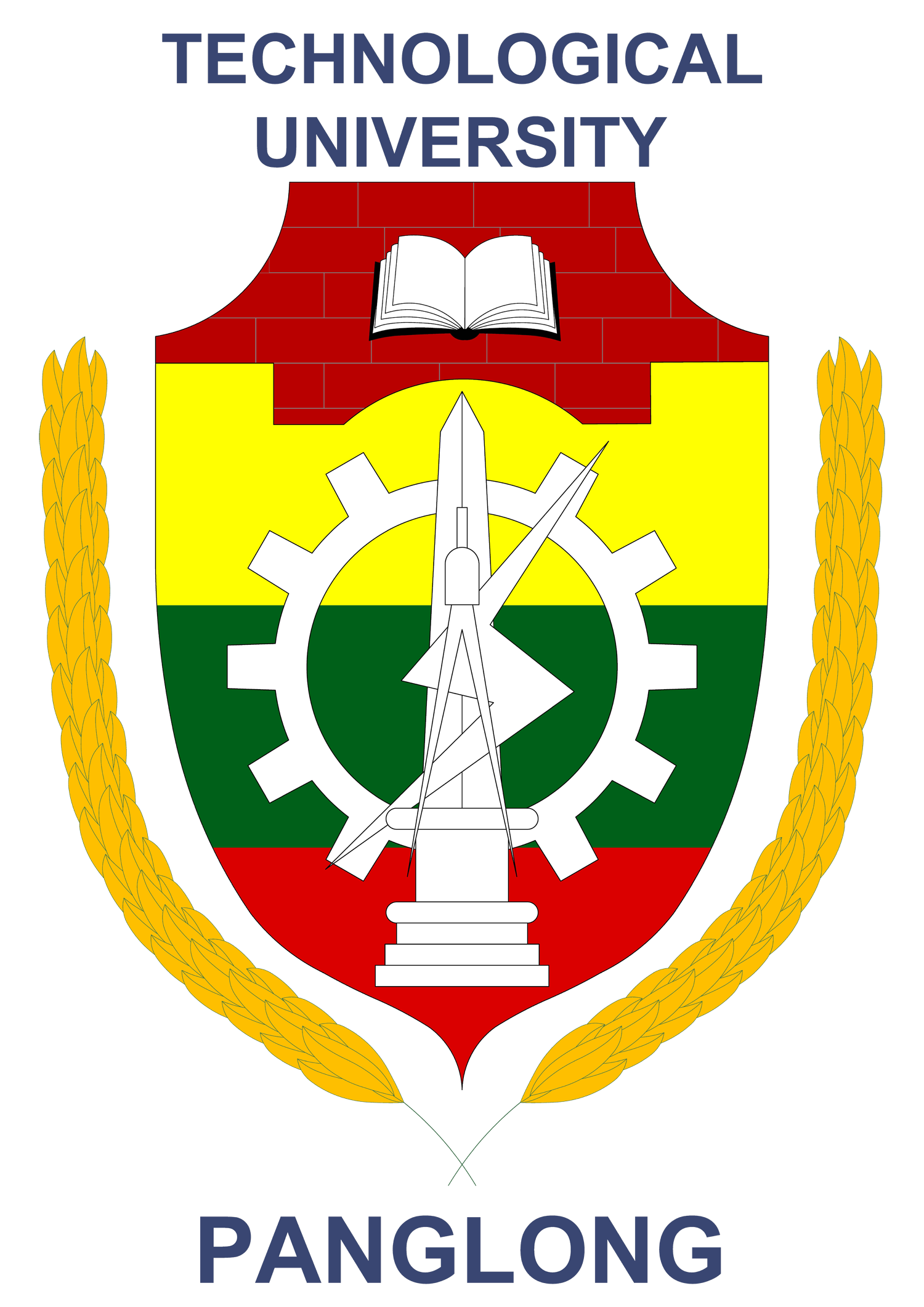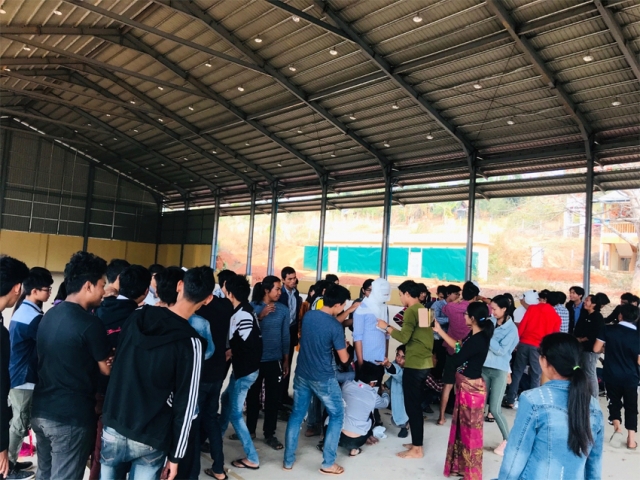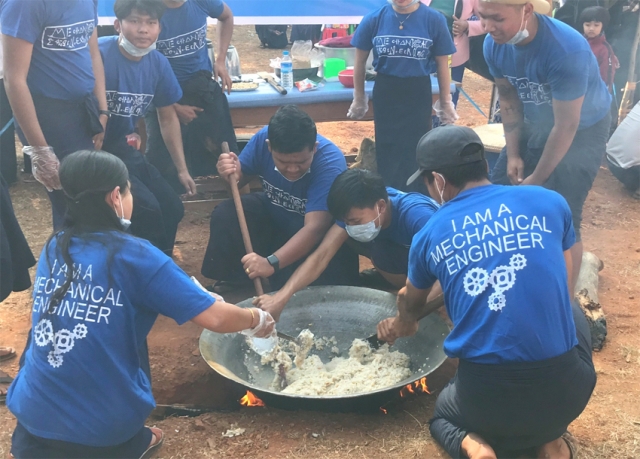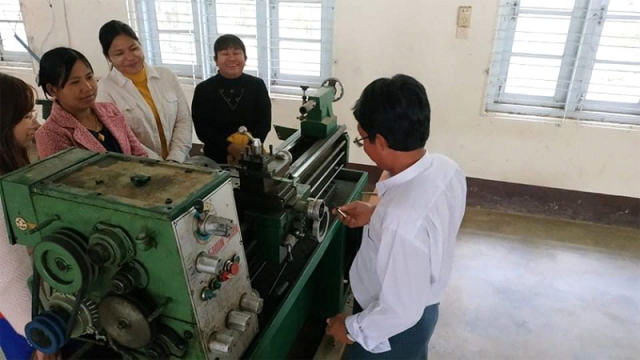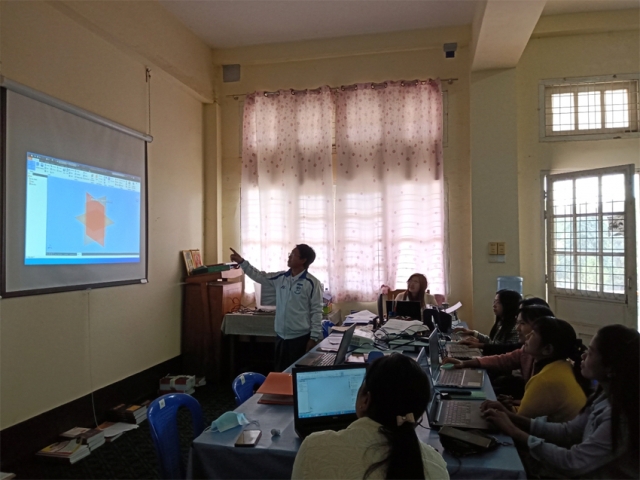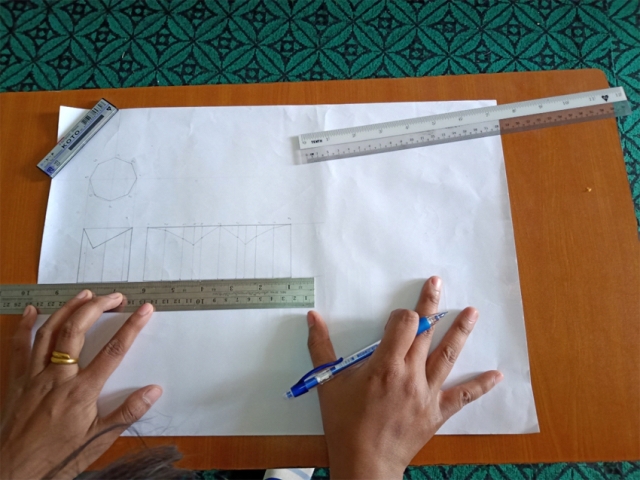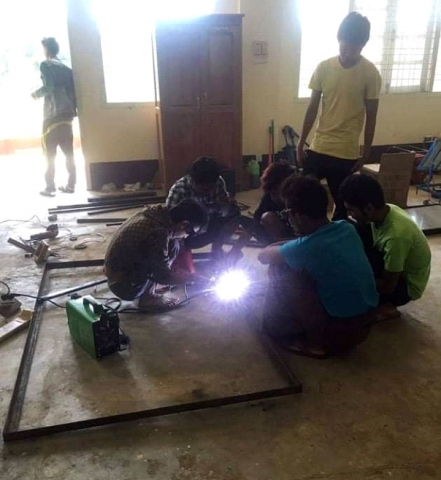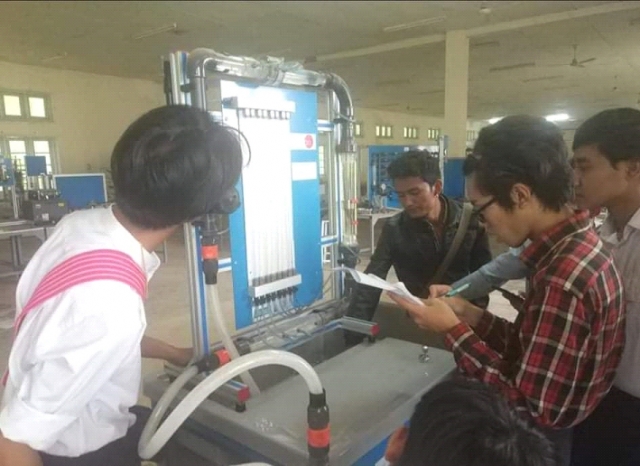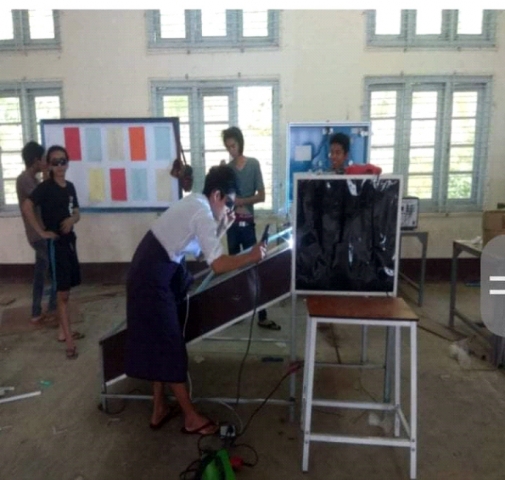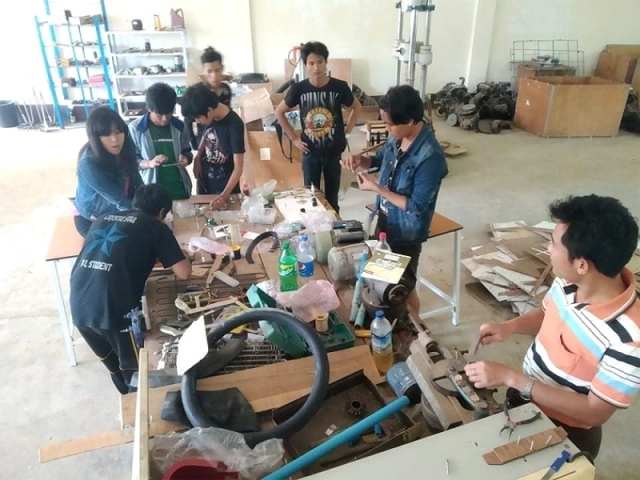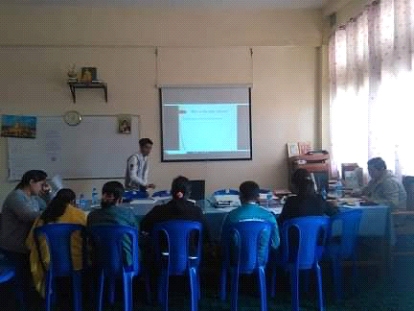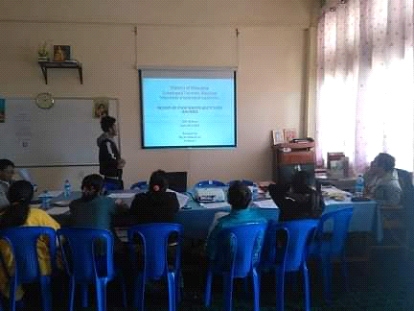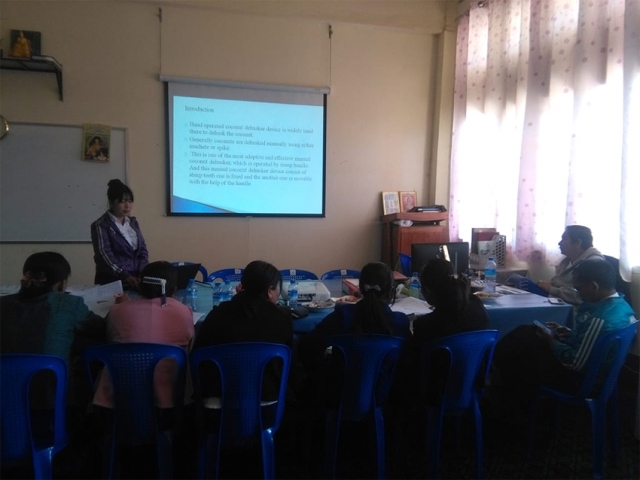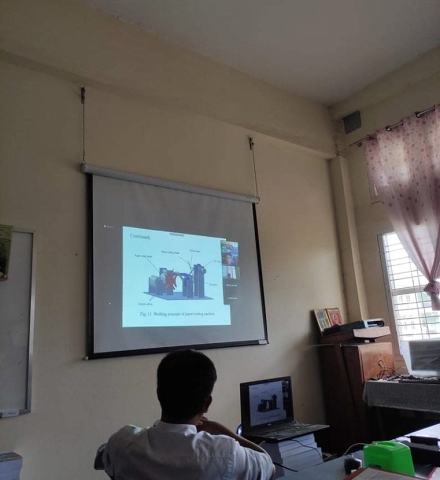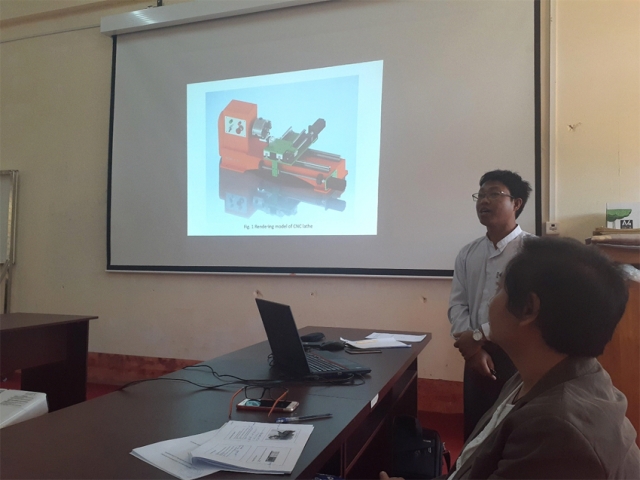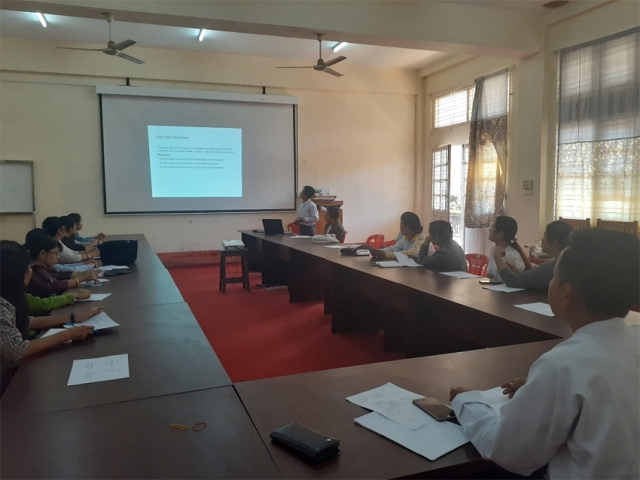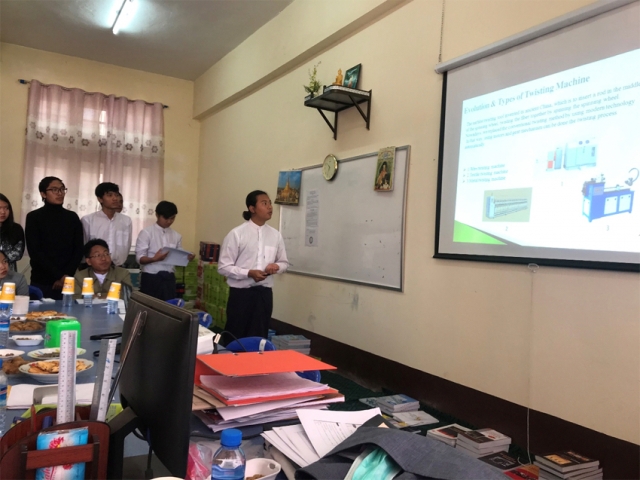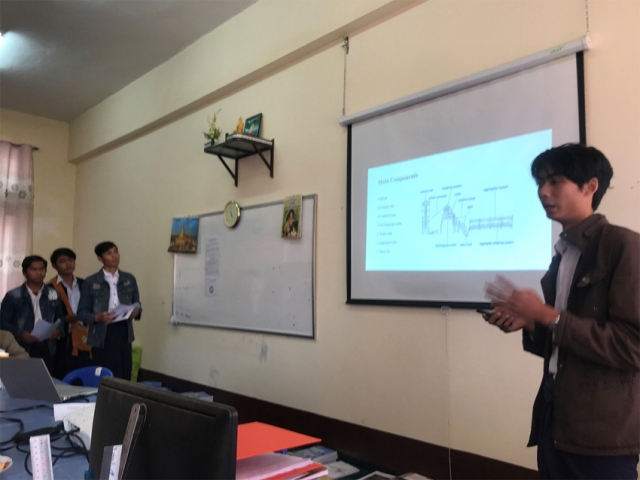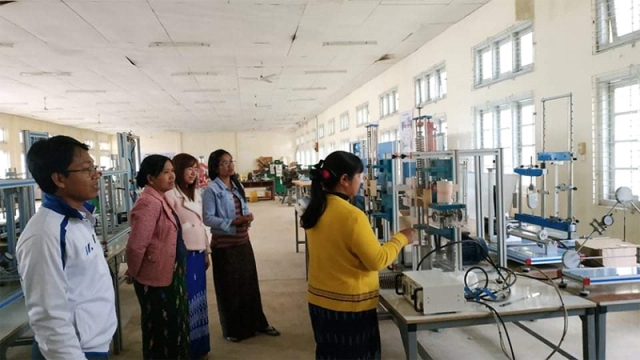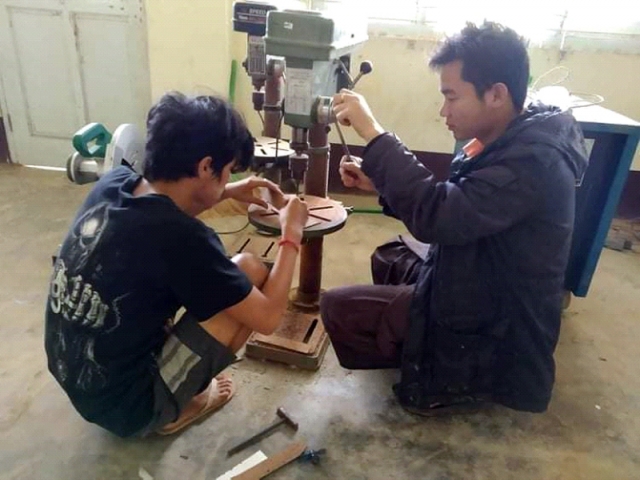Mechanical Department
INTRODUCTION
Mechanical engineering is an engineering branch that combines engineering physics and mathematics principles with materials science to design, analyze, manufacture, and maintain mechanical systems.
The mechanical engineering field requires an understanding of core areas including mechanics, dynamics, thermodynamics, materials science, structural analysis, and electricity. In addition to these core principles, mechanical engineers use tools such as computer-aided design (CAD), computer-aided manufacturing (CAM), and product lifecycle management to design and analyze manufacturing plants, industrial equipment and machinery, heating and cooling systems, transport systems, aircraft, watercraft, robotics, medical devices, weapons, etc. It is the branch of engineering that involves the design, production, and operation of machinery.
Nowadays, Mechanical Engineers are pursuing developments in such areas as composites, mechatronics, and nanotechnology. It also overlaps with aerospace engineering, metallurgical engineering, civil engineering, electrical engineering, manufacturing engineering, chemical engineering, industrial engineering, and other engineering disciplines to varying amounts. Mechanical engineers may also work in the field of biomedical engineering.
VISION
Be a Mechanical Engineer characterized by excellence in education, research and innovation for a changing world.
MISSION
To nurture Mechanical Engineers, able to provide leadership and innovative solutions to technological challenges for the benefit of society.
To be a nationally recognized mechanical engineering department that attracts, rewards, and retains outstanding students and staffs
To perform research and development activities that will contribute to science and national technologies
MOTTO
Mech the World with Mechanical Engineering!
PROGRAM DESCRIPTION
Mechanical Engineering Technology is a cornerstone of sophisticated and advanced economies. Students learn the skills to apply scientific and engineering principles to solve mechanical engineering related problems. They also undertake the design and fabrication of mechanical apparatus and systems, including system designs, manufacturing processes and material handling process.
The Bachelor of Mechanical Engineering prepares students for a broad range of careers associated with the design and implementation of mechanical systems involving the conversion, transmission, and utilization of energy. Mechanical engineering courses that provide breadth in the discipline include design, dynamics, engineering materials, thermodynamics, fluid mechanics, heat transfer, vibrations, systems analysis, and associated laboratories. Large and well-equipped laboratories in experimental mechanics, heat transfer, fluid mechanics, engines, vibrations, hydraulics, instrumentation, and automotive emissions support the mechanical engineering program. Mechanical Engineering students may elect to customize their degree by taking a set of elective courses in a specific area; either by pursuing a Specialty within the Mechanical Engineering program.
PURPOSE AND GOAL
As one of the broadest engineering branches, Mechanical Engineering includes design, analysis, and manufacturing associated with: (1) energy; and (2) structures and motion in mechanical systems. Mechanical Engineers design machines, processes, and systems utilizing mechanical and thermal power. The work of Mechanical Engineers included, but is not limited to, the following areas: machinery design and construction, design and analysis of thermal systems, manufacturing, instrumentation, fluid and solid mechanics, plant engineering, materials specification and evaluation, research and development, and technical sales. Many Mechanical Engineers are promoted to management and administrative positions.
The goal of the Mechanical Engineering Program is to produce industrial, scientific, and technological leaders capable of systematically identifying, addressing, and solving technical problems whose solutions will benefit for our society. Specific educational objectives of the Mechanical Engineering Program are to produce graduates who will attain:
Leadership in their profession while actively pursuing lifelong learning and contributing to progress within their field.
The ability to practice responsible decision making and apply best practices to their professional endeavors.
A reputation for working effectively and ethically in diverse professional environments.
Because of the global consequences of many engineering endeavors and the continually changing technological climate, the Mechanical Department emphasizes an integrated curriculum that overlaps other engineering branches and the physical sciences.
EDUCATIONAL OBJECTIVES
Satisfy constituency needs for graduates to be successful mechanical engineers with emphasis on Sustainability and Globalization.
Develop skills to pursue life-long learning.
Achieve competence in solving real world problems in a diverse work environment.
CORE VALUES
Embrace integrity and ethical conduct.
Nurture and treasure the environment and our natural and man-made resources.
Facilitate the development, dissemination and application of engineering knowledge.
Promote the technical benefits of continuing education and societal contribution of engineers.
Respect and document engineering history while continually embracing change.
STUDENT OUTCOMES
The Mechanical Engineering Program facilitates the students to attain:
an ability to identify, formulate, and solve complex engineering problems by applying principles of engineering, science, and mathematics.
an ability to apply engineering design to produce solutions that meet specified needs with consideration of public health, safety, and welfare, as well as global, cultural, social, environmental, and economic factors.
an ability to recognize ethical and professional responsibilities in engineering situations and make informed judgments, which must consider the impact of engineering solutions in global, economic, environmental, and societal contexts.
an ability to function effectively on a team whose members together provide leadership, create a collaborative and inclusive environment, establish goals, plan tasks, and meet objectives.
an ability to develop and conduct appropriate experimentation, analyze and interpret data, and use engineering judgment to draw conclusions
The scope of the departmental research and teaching program is broad, encompassing dynamics, fluid mechanics, heat and mass transfer, design analysis, manufacturing and automation, solid mechanics and renewable energy.
CAREER OPPORTUNITIES
Graduates may find a range of occupations in many industrial sectors including automotive, aerospace, advanced automation, natural resources and processing. They may participate in mechanical engineering consulting, manufacturing or mechanical design and maintenance. Careers are possible in machine design and fixture building, manufacturing and automation, quality assurance, testing, manufacturing management, technical sales and services. Specific industries may include automotive parts and assembly, metal fabricating and machining.
OVERVIEW
The Mechanical Engineering Technologist supports the engineering activities of design and analysis, fabrication, installation, testing, servicing and maintenance of electro-mechanical equipment and systems. Technology changes rapidly and requires a strong grasp of fundamental concepts to respond easily and imaginatively to challenging problems. Computer-aided design (CAD) is utilized throughout the program. A curious and creative mind, along with strong analytical and critical thinking skills, are an asset.
